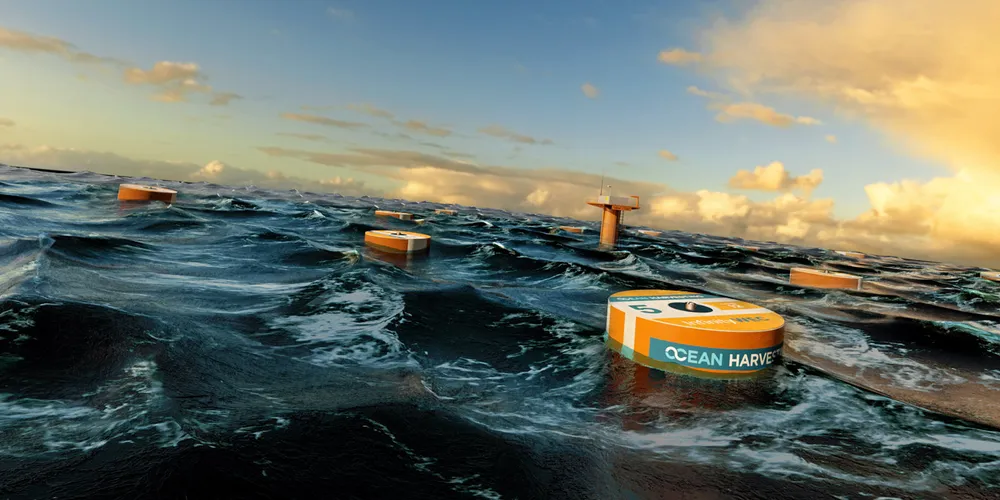Oil indie Lundin probes wave power for 'significant challenges' of offshore decarbonisation
One-year scoping project to explore use of Ocean Harvesting Technologies' 'point absorber' style design in reducing emissions from oil and gas operations at sea
